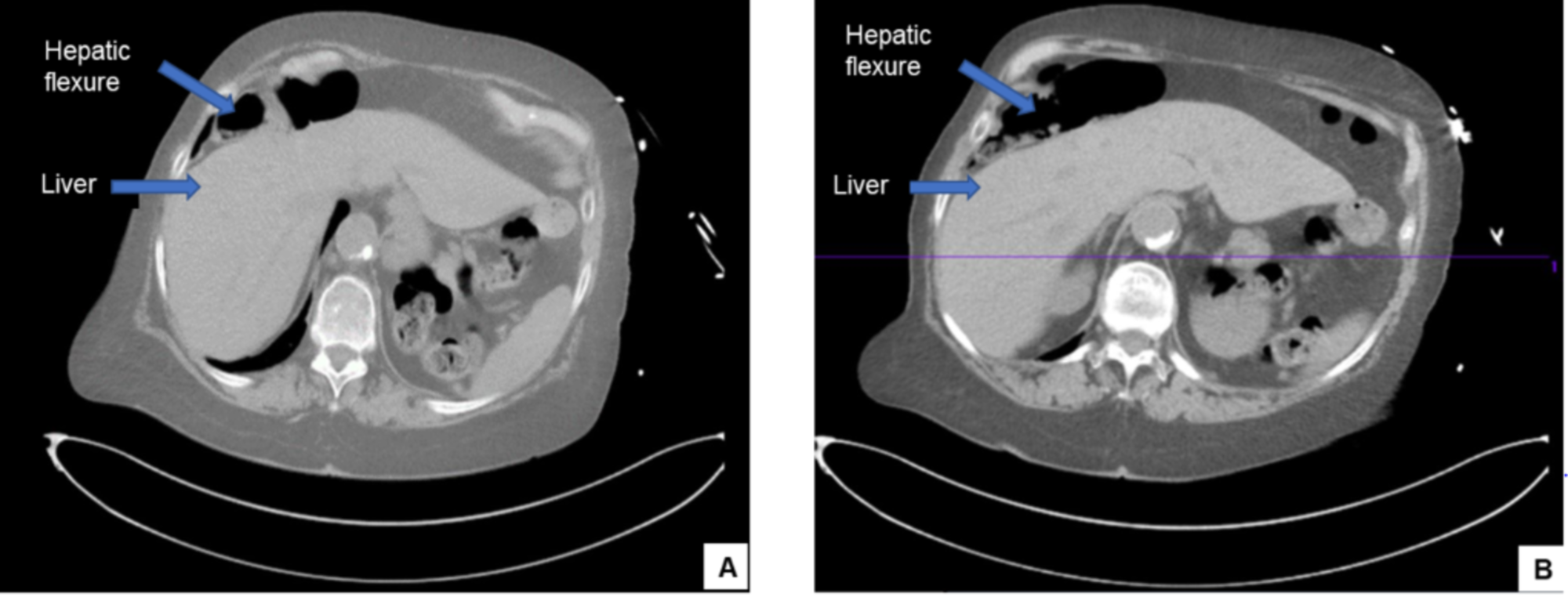

There are various theories on the cause of Hepatorenal Syndrome (HRS). The most-common cause of portal hypertension is cirrhosis of the liver. The exact cause of constriction of the blood vessels feeding the kidneys remains unknown, but some researchers believe it may result from a combination of factors, including high pressure within the portal vein ( portal hypertension), which carries blood from the digestive organs to the liver. When blood flow to the kidneys is restricted, kidney function declines over time. The hallmark of the syndrome is significant narrowing (constriction) of the blood vessels that feed the kidneys. People diagnosed with HRS Type II have a longer median survival time than those with Type I.Īlthough Hepatorenal Syndrome (HRS) can occur in people with advanced liver disease, its exact cause and rate of occurrence are still unknown. Sometimes referred to as water pills, diuretics can help rid your body of salt (sodium) and water and lower your blood pressure. Type II often leads to an abnormal buildup of fluid in the abdomen ( ascites) that is resistant to treatment with diuretics. Type II involves a more-gradual decrease in kidney function.Signs of declining kidney function may include a significant reduction in urination confusion swelling caused by the buildup of fluid between tissues and organs (a condition known as edema) and abnormally high levels of nitrogen-rich, body-waste compounds in the blood (a condition known as azotemia). Your kidneys, which are part of your urinary tract, perform a number of vital functions, including filtering your blood to remove waste and extra fluid from your body. Type 1 (Acute) involves a rapid decline in kidney function and can quickly progress to life-threatening kidney failure.There are two types of hepatorenal syndrome: But the syndrome can also occur in people with fulminant hepatic failure (acute liver failure) and other types of diseases of the liver. HRS is most common in people with advanced cirrhosis (or scarring of the liver) and ascites, an abnormal buildup of fluid in the abdomen that is often related to liver disease. Hepatorenal Syndrome (HRS) is a life-threatening condition that affects kidney function in people with advanced liver disease.


 0 kommentar(er)
0 kommentar(er)
